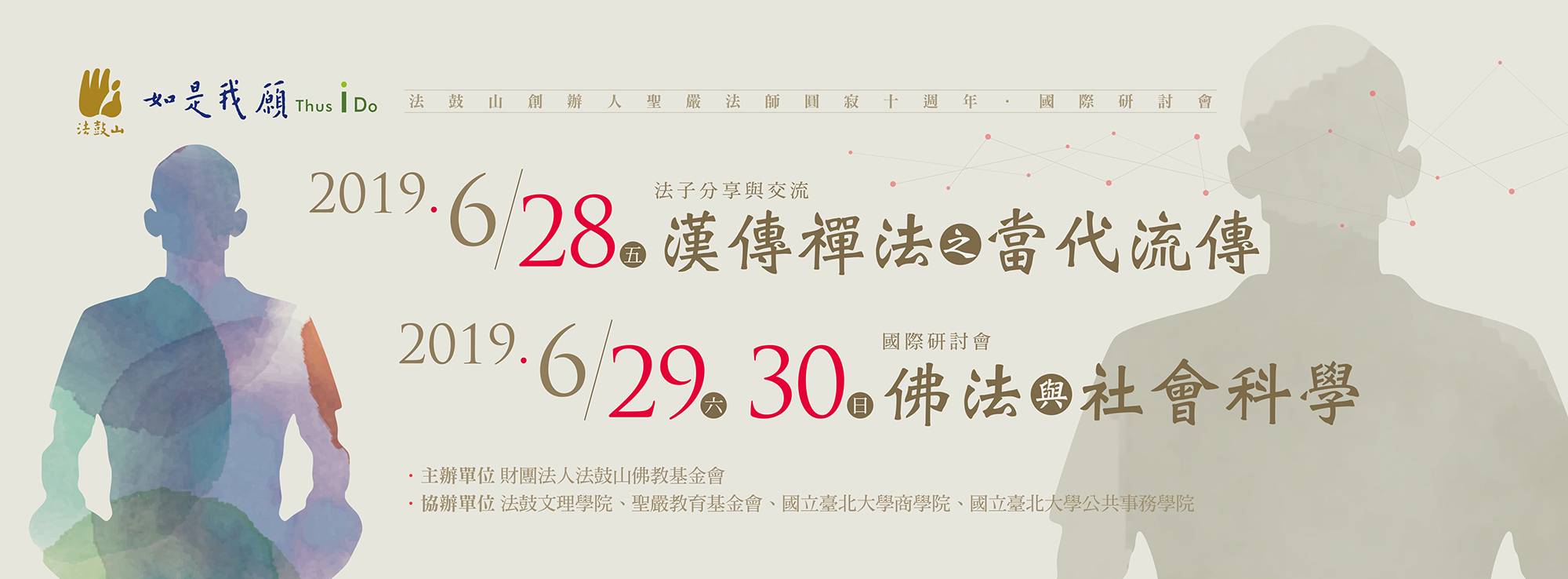Analysis of Social Return on Investment of the Project of Social Care Development in Urban Indigenous of Zhi-Shan Foundation Taiwan
Ting-Ming Chen; Yu-Wen Hsu
Master Sheng Yan advocates spiritual environmental protection, in the face of a society where people are floating, politically opposed and competitive, protecting the spiritual environment and social value are becoming more and more important. This paper adopts the social return on investment (SROI) analysis promoted by the Social Value UK to explore the social value and influence of non-profit organizations, and to use the urban indigenous care plan of the Zhi-Shan Foundation Taiwan. “The Wawa Forest – the Good Child Development Center” and the “Happy Broom” team in the Taipei area. Through the six steps and seven principles of SROI, the relationship between change and outcome is reflected and measured. The theory of change is expressed in terms of currency. In this paper, in-depth interviews and questionnaire surveys of urban indigenous stakeholders, through the SROI principles and steps analysis, calculate their social value and social impact.
